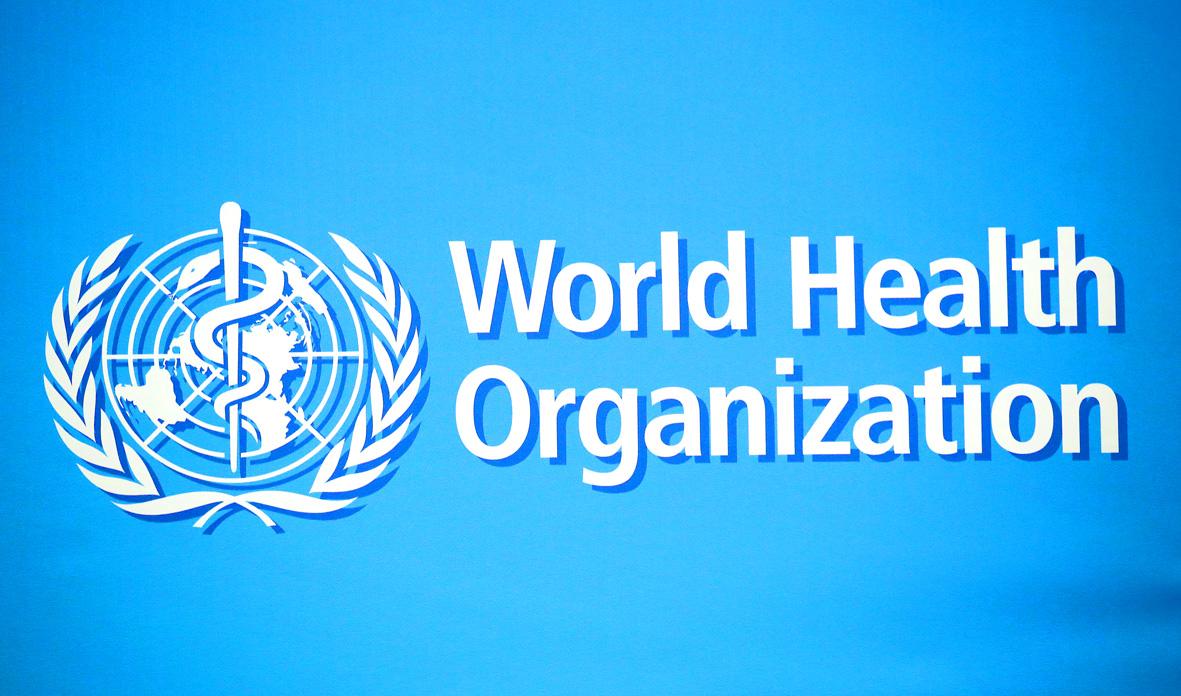The WHO Secretariat has been playing a decisive role in excluding Taiwan’s participation in the global body, three Taiwanese-American groups said in a joint letter to the global health body on Monday, after the WHO said it does not make decisions on membership.
The joint letter was endorsed by the North American Taiwanese Medical Association, the Formosan Association for Public Affairs (FAPA) and the North America Taiwanese Professors’ Association in response to the WHO’s statement titled “Information sharing on COVID-19” published on March 29.
“The question of Taiwanese membership in WHO is up to WHO Member States, not WHO staff,” said the letter, quoting the WHO statement.

Photo: Reuters
However, “it is the WHO Secretariat that has been playing a decisive role in excluding Taiwan’s participation. Their manipulation of meeting agenda regarding Taiwan’s participation during past annual [World Health] Assembly precludes the decisions by Member States and a transparent democratic process,” the letter said.
Taiwanese’s human rights are not a matter to be determined or voted by the WHO Secretariat, nor the member states, which runs counter to the idea of “health for all,” the letter said.
When the US Congress returns to session, the FAPA would do its utmost to help pass Senate Bill No. 249 to direct the US Department of State to develop a strategy to regain Taiwan’s observer status in the WHO, FAPA president Minze Chien (簡明子) said in the letter.
“We will also continue to advocate for the ultimate goal of Taiwan’s full membership in the global health body,” he said.
The WHO on Sunday issued another statement titled “How the World Health Organization works with all people, everywhere” to reiterate its interaction with Taiwanese experts and uphold its “one China” policy.
While the WHO soon retracted the second statement, Watchout (沃草) — a Taiwan-based Facebook page promoting civic participation in politics — saved a copy and shared it on Facebook on Monday.
The UN General Assembly Resolution 2758 passed by member states in 1971 recognized the People’s Republic of China as “the only legitimate representative of China,” which is “a one China policy,” the WHO’s second statement said.
“There have been occasions when it was clear that there was general support among WHO countries for Taiwan to take an observer seat at the World Health Assembly. Between 2009 and 2016, it did so under the name ‘Chinese Taipei,’” it said.
“But having a seat at the WHA, or not having a seat at the WHA, does not affect, in any way, whether an area or population benefits from WHO expertise and guidance. WHO helps all people, everywhere,” it said.
The Ministry of Foreign Affairs yesterday said that it has noticed the second statement, but could not comment on it as the WHO had retracted it.

DEADLOCK: As the commission is unable to forum a quorum to review license renewal applications, the channel operators are not at fault and can air past their license date The National Communications Commission (NCC) yesterday said that the Public Television Service (PTS) and 36 other television and radio broadcasters could continue airing, despite the commission’s inability to meet a quorum to review their license renewal applications. The licenses of PTS and the other channels are set to expire between this month and June. The National Communications Commission Organization Act (國家通訊傳播委員會組織法) stipulates that the commission must meet the mandated quorum of four to hold a valid meeting. The seven-member commission currently has only three commissioners. “We have informed the channel operators of the progress we have made in reviewing their license renewal applications, and

The High Prosecutors’ Office yesterday withdrew an appeal against the acquittal of a former bank manager 22 years after his death, marking Taiwan’s first instance of prosecutors rendering posthumous justice to a wrongfully convicted defendant. Chu Ching-en (諸慶恩) — formerly a manager at the Taipei branch of BNP Paribas — was in 1999 accused by Weng Mao-chung (翁茂鍾), then-president of Chia Her Industrial Co, of forging a request for a fixed deposit of US$10 million by I-Hwa Industrial Co, a subsidiary of Chia Her, which was used as collateral. Chu was ruled not guilty in the first trial, but was found guilty

Taiwan People’s Party (TPP) Chairman Huang Kuo-chang (黃國昌) yesterday appealed to the authorities to release former Taipei mayor Ko Wen-je (柯文哲) from pretrial detention amid conflicting reports about his health. The TPP at a news conference on Thursday said that Ko should be released to a hospital for treatment, adding that he has blood in his urine and had spells of pain and nausea followed by vomiting over the past three months. Hsieh Yen-yau (謝炎堯), a retired professor of internal medicine and Ko’s former teacher, said that Ko’s symptoms aligned with gallstones, kidney inflammation and potentially dangerous heart conditions. Ko, charged with

Taiwan-based publisher Li Yanhe (李延賀) has been sentenced to three years in prison, fined 50,000 yuan (US$6,890) in personal assets and deprived political rights for one year for “inciting secession” in China, China's Taiwan Affairs Office spokesman Chen Binhua (陳斌華) said today. The Shanghai First Intermediate People’s Court announced the verdict on Feb. 17, Chen said. The trial was conducted lawfully, and in an open and fair manner, he said, adding that the verdict has since come into legal effect. The defendant reportedly admitted guilt and would appeal within the statutory appeal period, he said, adding that the defendant and his family have